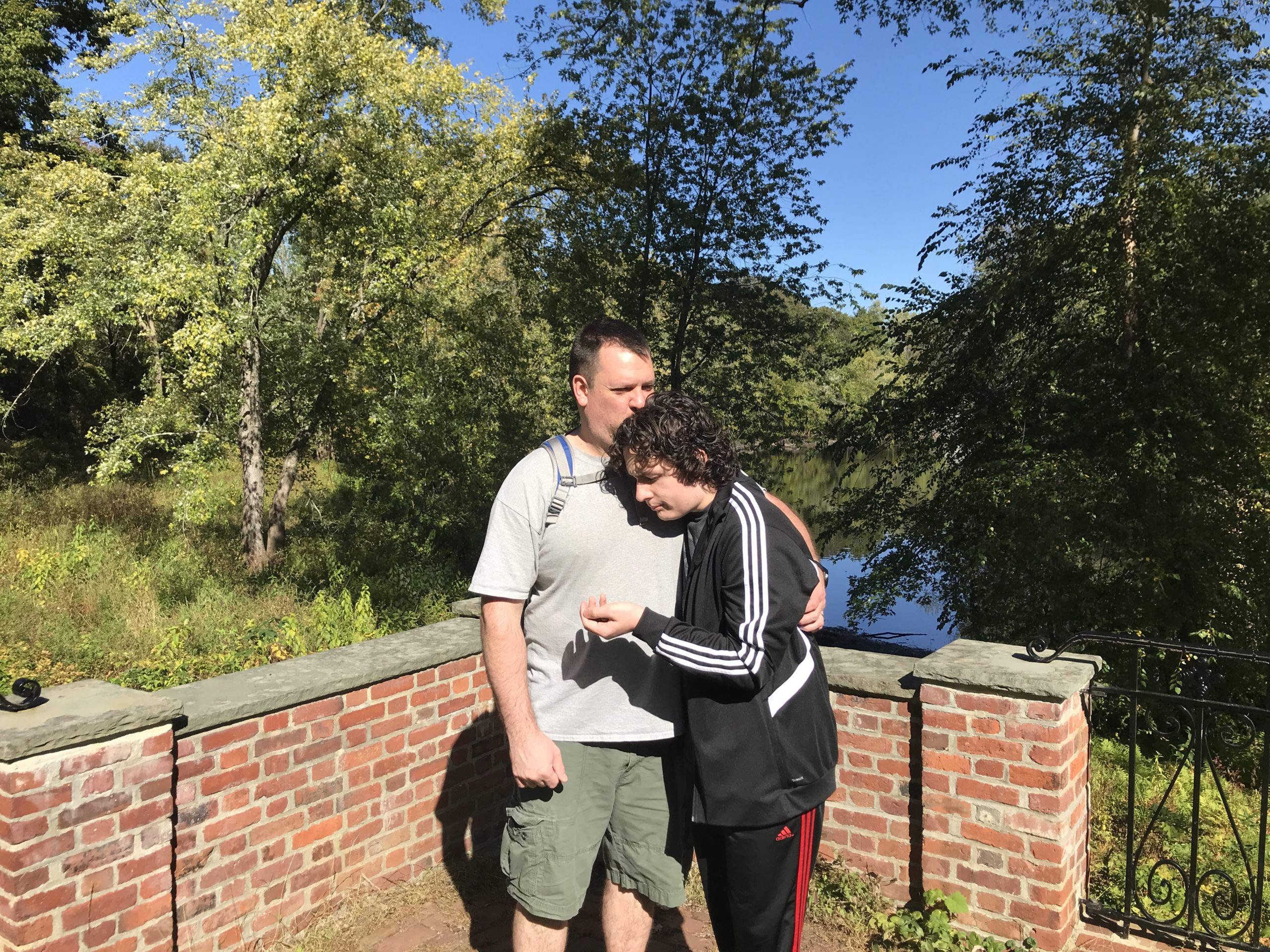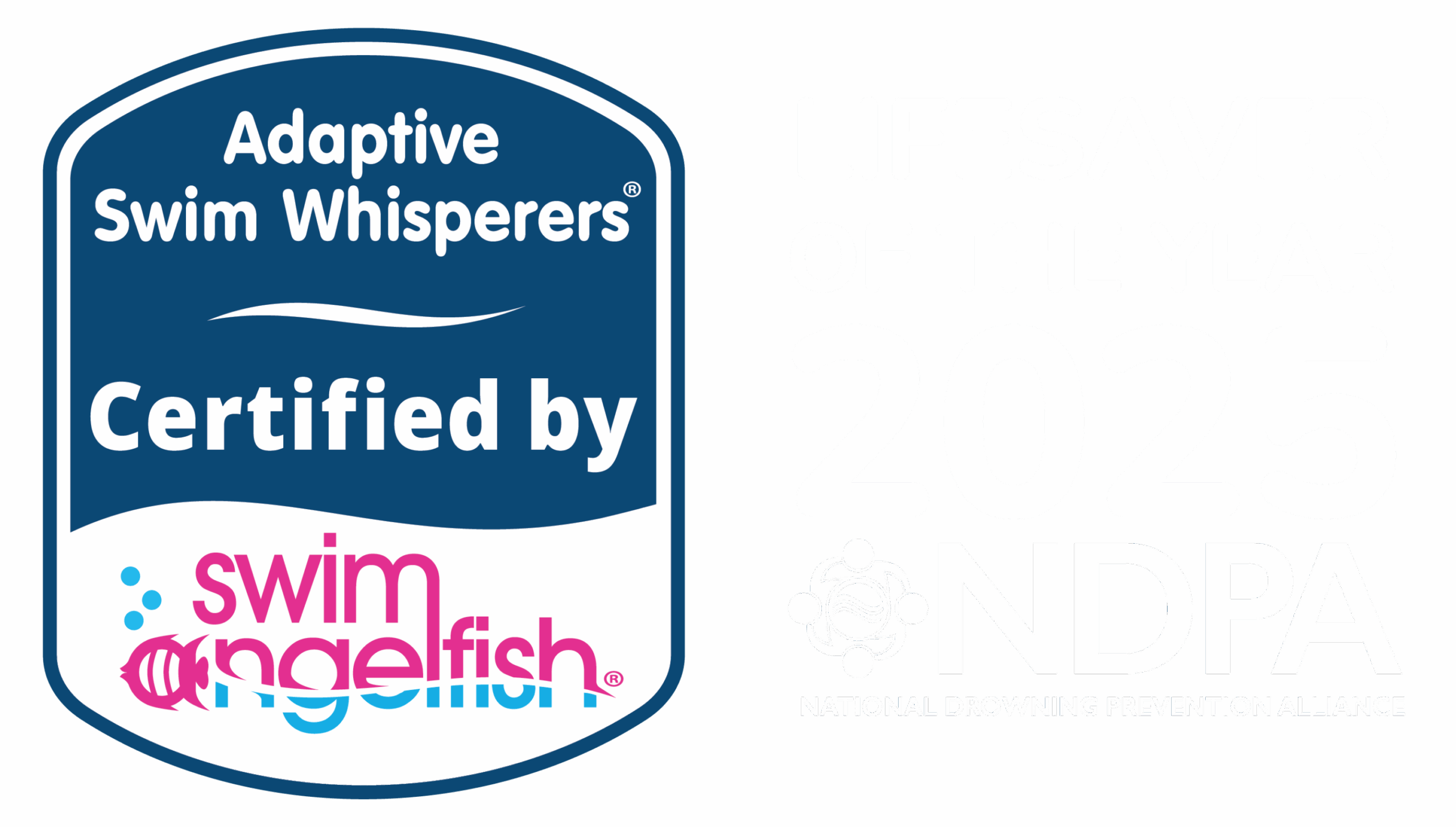We spoke to Dr Nick Mian, a Licensed Clinical Psychologist who specializes in the assessment, treatment, and prevention of anxiety disorders in young children, and asked him what his top tips were for parents who want to help their children deal with anxiety.
Anxiety is an emotional response typically characterized by feelings of unease, worry, and fear resulting from a perceived future threat. Anxiety in children is fairly common and can be an understandable reaction to change or something stressful. Extreme anxiety can show up with physical symptoms such as headaches, stomach aches and fatigue and can lead to trouble sleeping and feelings of irritability. For some children, anxiety can affect their thoughts, feelings and behavior so much that it impacts their ability to engage in certain experiences or situations, such as swimming, learning at school, or socializing.
6 Parent Tips for Children with Anxiety
Label emotions
Using descriptive words like “worried,” “nervous,” and “scared” to label emotions is more effective and helpful than using less descriptive words like “upset.” It will help kids learn how to describe their own emotions more accurately, which can go a long way.
Talk about anxiety
Most kids are not familiar with what anxiety actually is. It’s a natural emotion that we all have. It helps us to avoid danger by alerting us to threats in the environment- things we perceive as dangerous. But, sometimes kids (and adults) are a little too sensitive to these threats and we have “false alarms”- situations that are not actually dangerous, but we react as if they are. Once a child knows what this is, it can be helpful to remind them that their reaction is “just a false alarm.”
Avoid avoidance
Our natural tendency as parents is to take care of or protect a child when they are distressed. Unfortunately, if we help a child to totally avoid a distressing situation, we are depriving them of the opportunity to practice coping with it and learning from the experience.
Practice
Whatever the child is afraid of, it will help if they can get practice at it. Take the feared situation, and think of an easier version of it—then try to get the child to practice being in that situation. For example, for a child who is afraid of the dark, they might practice being in a room with a moderate amount of light. Once they are confident with that, they can practice making the light gradually dimmer over time until they get comfortable being in the dark.
Empathize and encourage
One of the more advanced skills when dealing with anxious children is learning how to do two things that may seem incompatible: empathize with a distressed child and also encourage them to challenge themselves. In the moment when a child is nervous or scared, this might be something like “I can see this is scary and hard for you- you are doing a great job. Keep up the good work!”
Praise
Finally, it is important to praise, compliment, and reward children when they challenge themselves and work hard at facing situations that are distressing.
If you are concerned about your child’s anxiety, talk to your healthcare provider to put an appropriate treatment plan in place to help them manage their symptoms.
Advanced Adaptive Aquatics Training Helps Swimmers with Anxiety
The Swim Angelfish Methodology works for those who have swimming anxiety or fear of the water. We use our specially formulated adaptive aquatics techniques and strategies to help swimmers with anxiety, of all ages, to gain swim skills faster and more comfort.
Find out more about our Swim Whisperers® online training program for swim instructors and how we can help strengthen your existing swim curriculum to make life-changing differences in your lessons!




